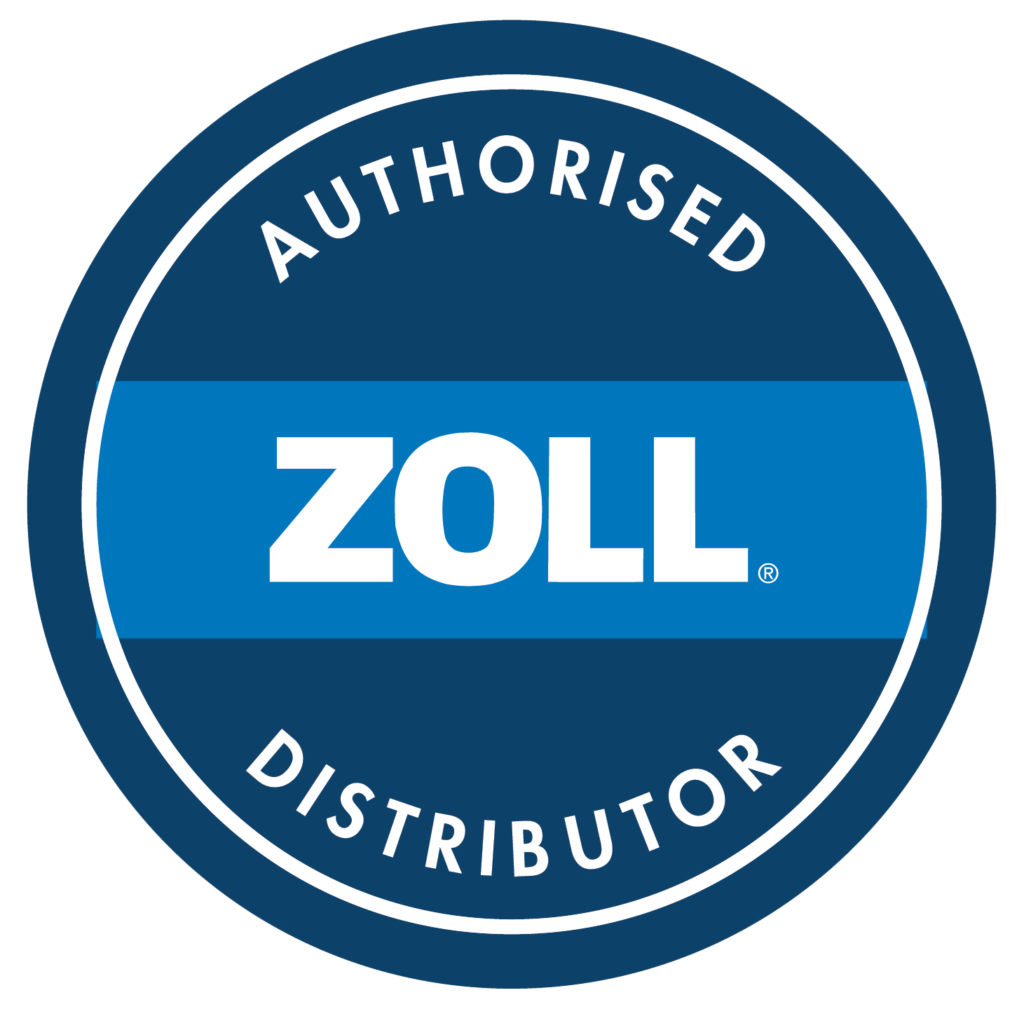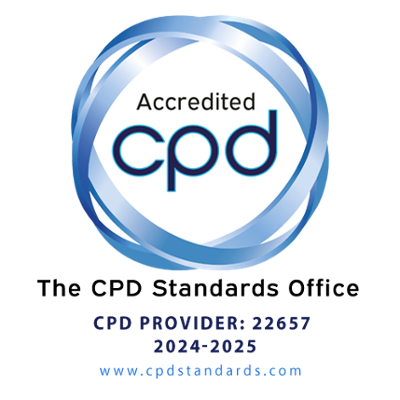
€35.00
This short course provides you with an introduction to fire doors in the workplace and why they play an important part in fire safety planning. It’ll also look at the different types of fire doors and importance of fire door maintenance.
Duration 50 mins* – €35.00
| Course | Module Number | Module Name | Pass % Required |
|---|---|---|---|
| Fire Doors | 1 | What is a fire door? | 70 |
| Fire Doors | 2 | Why are they important and what is the risk? | 70 |
| Fire Doors | 3 | How to control the doors | 70 |
| Fire Doors | 4 | The importance of maintenance | 70 |
This short course provides you with an introduction to fire doors in the workplace. The course will start by establishing exactly what a fire door is, looking at the different types of fire doors available and how they are constructed. It then explores exactly why fire doors are important and provides real-life examples of their failure – showing the potential catastrophic implications of improper use. Following on from this, the course details how fire doors – and their surrounding areas – must be controlled, in order to ensure they deliver maximum safety to people and property. Finally, the course explores the importance of fire door maintenance and the practical steps that can be taken to ensure the fire doors in your place of work are up to standard.
By the end of this course, you will be able to:
This course is aimed at anyone in the workplace and especially people who are responsible for fire safety in a building.
Understanding the different types of fire doors and the importance of fire door maintenance. Online training is flexible, efficient, and cost-effective, meaning the candidate can progress through the modules at their own pace and in their own time, so they can fit the training around their work and personal life.
For those needing further training in Fire Safety, courses such as Fire Extinguisher, Basic Fire Safety, and Fire Marshall should be completed alongside this one. For Supervisors that want to continue to enhance their skills, courses such as Introduction to Risk Assessment or Leadership Skills would make great next steps.








Stay up to date with fire safety insights, training updates, and compliance guidance.
|
|
Thank you for Signing Up |



Web design and development by Phoenix STS Ltd
Copyright © 2026. All rights reserved.